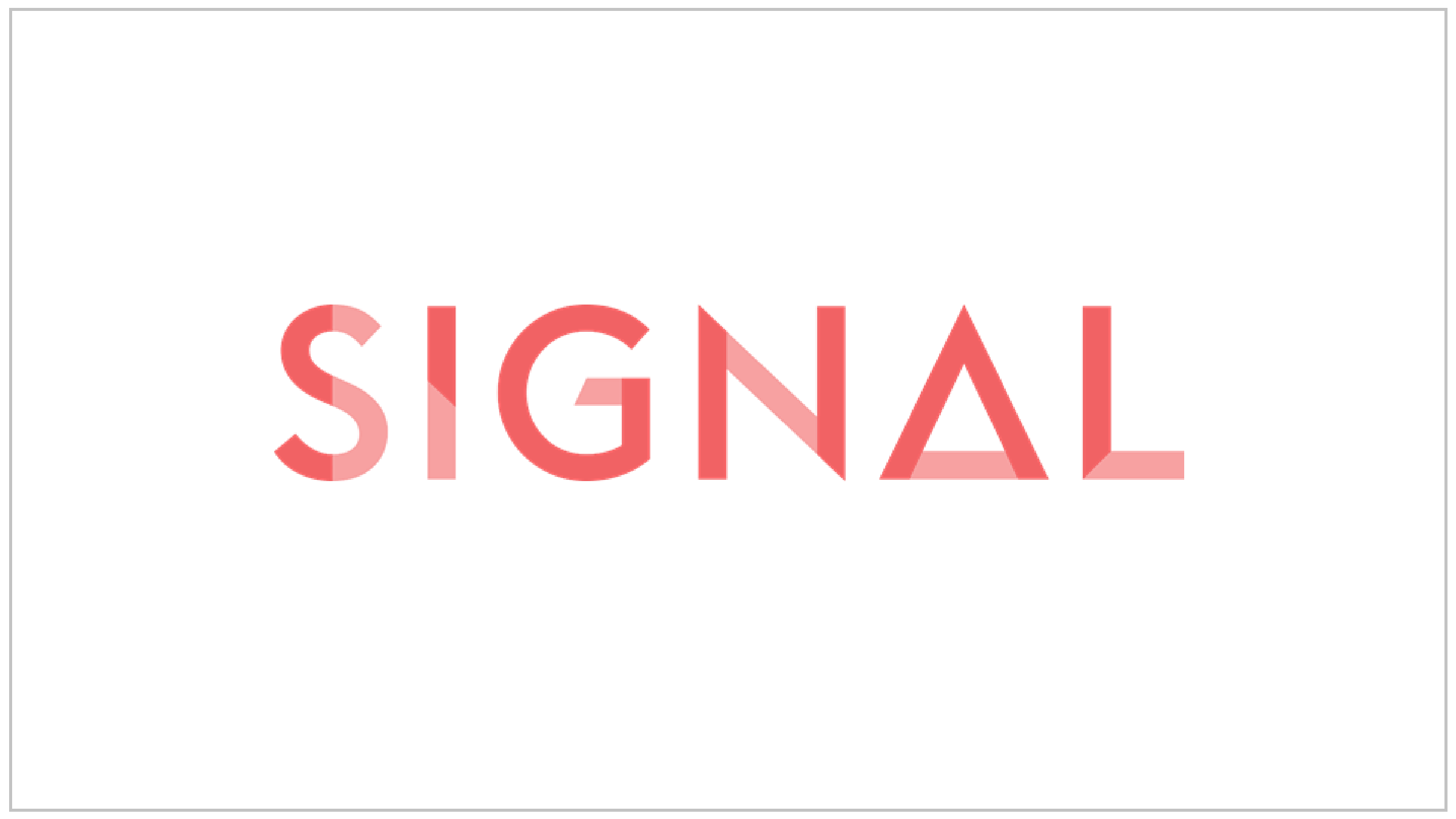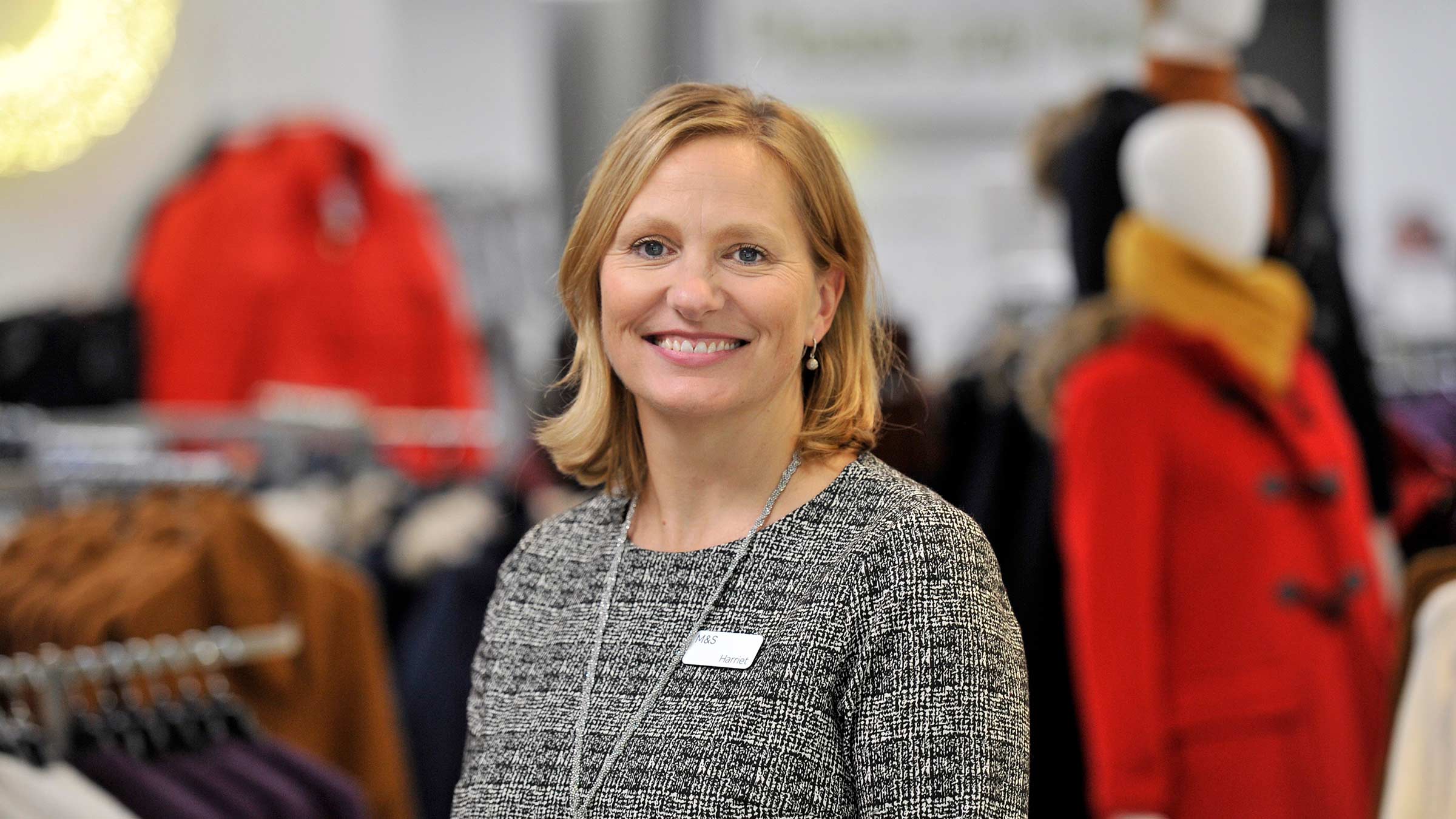One of the many positive things that has happened in the past 6 weeks is the rise in sharing and collaborating. As the slogan ‘we’re all in this together’ becomes the order of the day, we are seeing businesses from across the sector come together to help one another.
So I was delighted when three of our industry HR colleagues, Harriet Hounsell, HRD at Marks & Spencer; Guy Eccles, HRD, Howdens and Hanna Linden, Chief People Officer, Signal AI, agreed to come together last week for a webinar to discuss insights, best practices and experiences of hiring and onboarding during Covid-19.
For years, organisations have relied on a series of set procedures to bring on newly-hired senior leaders. But, as with every element of business during the pandemic, onboarding today looks very different in our new normal. Not only has the process itself transformed beyond recognition, but the need to on-board new executives effectively, and at pace, has never been greater.
To begin our discussion, Harriet pointed out M&S’ particularly unique position. Not only has the retailer been onboarding a large number of people – nine executives across seven functions – in the midst of the global pandemic, but it is also operating with the backdrop of a major transformation. Harriet explained that this is pertinent for two reasons: “firstly, because even without Covid-19, we are not onboarding into a normal situation. And secondly, because we are already going through a big revamp of our induction process, we were in the middle of examining our systems from an end-user perspective when the crisis hit, so many of the changes we had planned were just pushed forward.”
The end result, Harriet told us, is that M&S is now hiring people with increased urgency, at a faster pace, and with a clear focus on getting executives up to speed – both on crisis management, and on the company’s ongoing turnaround project.
I wonder – what are the main tools used by M&S to facilitate a rapid and effective onboarding process?
“Just over a year ago we invested in Microsoft Teams – and thanks to that investment our move to remote working has been pretty painless,” said Harriet. “This has meant that we’ve managed to stay connected in our day-to-day operations and it has given us a real head start when it comes to onboarding people remotely.”

The merit of adopting an all-in-one communication and management platform – such as Teams – has been widely discussed in the HR community, but it was fascinating to hear Harriet reflect on technology’s power to accelerate personal connections and encourage the adoption of a positive company culture – even when teams cannot meet in real life.
“I think that in some cases using Teams has actually allowed relationships to develop faster than if we were in the office. The immediacy of Teams, in contrast to the scheduling required to get people in a meeting together, can actually reduce the time it takes for a human connection to form between colleagues – especially if they’re both senior with very busy schedules.”
I ask Harriet how she has maintained camaraderie at M&S, both to showcase company culture to new hires and to keep spirits high more generally.
“While we don’t get that big hit from being in the office,” she told us, “the tech has allowed us to remain connected and positive. We send a group email out every week, which we use to share information and also to celebrate our achievements. Our colleagues are playing a vital part in feeding the nation so it’s great to be able to recognise them with videos, pictures and messages.
“Alongside that, we have something called a ‘recognition portal’, where we can send recognition cards to teams and individuals. I would say that our feeling of camaraderie is on the up. We have had that feedback from colleagues about feeling very connected to the business, which we are delighted about, because it was born out of a genuine sense of wanting to do the right thing.”
Guy Eccles, former HR Director at Kingfisher, joined Howdens during the lockdown period. It was hugely insightful to hear Guy’s perspective, from someone who is not only managing people from home but has also been onboarded remotely himself.
Guy reiterated the importance of staying connected online when working from home, but noted the stark differences between being onboarded remotely and joining an organisation in person.

“From a quantitative point of view – remote onboarding works fantastically,” Guy told the HRDs on the call, “technology has provided me with an abundance of information about Howdens, from videos about company culture to data on the business’ financials. I know all the facts, figures and data – I could give you an analyst’s view of Howdens right now!
“But what remote working doesn’t allow for,” Guy continued, “is the qualitative aspects of onboarding. I can talk to my colleagues easily – but I can’t personally meet them or see how they physically react to things. Similarly, I can learn about Howdens, but I haven’t been able to truly understand the business by talking to the depot managers, chatting with the people who run the factories or interacting with the customers.”
In light of this observation, Guy and Harriet discussed the importance of remaining in contact with new hires, and increasing the number of calls and check-ins with an executive to counterbalance the connection lost by not meeting in person. “Sometimes when I’m picking up the phone,” reflected Harriet, “I feel I might be being too persistent… but hearing you share what you have gone through makes me realise the value in the personal connection gained by an extra phone call.”
It was good to welcome Hanna Linden onto the call, Chief People Officer at Signal AI – an artificial intelligence-based media monitoring platform currently in a phase of fast growth. Signal AI is a company mostly made up of millennials born into the digital age, so Hanna’s perspective was not only interesting but gave us a real taste of the future.
Hanna talked us through a few of the practical elements of onboarding at Signal. “Firstly, communication is obviously really important. We use Slack, which allows people to share both business and personal news, which is really important for maintaining a friendly company culture.
“We’re also pairing each new starter up with a buddy. Someone who isn’t in their team, isn’t their manager, but who they’d have met in the office if we were there on a more relaxed level. And we’re holding Zoom afternoon teas – which have been received really well, especially by the new starters.

“At Signal, many of our colleagues house share with 5 or 6 other young professionals and therefore are mostly working from their bedrooms. Because we are all young, online working is part of our lives and colleagues just get on with it. But there’s still a real need to retain the informalities of life in the office, and recreate them in a virtual environment.
This notion resonated particularly strongly with the panel. “I completely agree,” said Harriet, “Zoom calls don’t replace really getting to know someone – but a bit of light heartedness, in the form of a drink together or a quiz, can go a long way. And that plays into the quantitative/qualitative point that Guy made earlier… it’s about asking: who are you, can I see beyond the work and beyond the transactional?”
Guy concurred, noting the important role that line managers play in fostering positive company culture during lockdown, especially for new starters. “Those are the people who have the most influence on one’s experience of work. We need to be alerting line managers and making them aware of the importance of building a qualitative context around the data and information we receive during onboarding.”
To round off, the panelists discussed what elements of operating during Covid-19 will make a lasting impact on their businesses.
“We will be challenging ourselves to redress the balance between in-person and online,” said Harriet. “Meetings that were previously held in person, we are finding that we are getting better attendance now we’re doing them online. And this presents opportunity, as we can get store managers to present from a local store, for example.”
“For us,” noted Guy, “it’s the move to digital more generally – now everyone knows we can operate effectively using technology, I think travel will decrease and how we work between sites will be significantly different in the future.”
Hanna agreed with Guy, saying that the developments in online communication will allow Signal to double down on its sustainability credentials and significantly reduce the company’s international travel.
We all came away thankful that no matter whether we are living life online or offline, human interaction and caring for colleagues is one of the most important elements of having a successful company today. In the words of the Care Bears – who I am sure will have yet another revival – ‘sharing is caring’.
Moira.benigson@thembsgroup.co.uk | @MoiraBenigson | @TheMBSGroup








